Science
The CRMS Science Department emphasizes experiential investigation of the natural world. Students explore the nature of scientific inquiry and examine the function of models in scientific understanding. CRMS students use scientific methods to investigate and verify fundamental principles. They utilize computers, library resources, electronic probes, and mathematics to evaluate, quantify, and present their research. Finally, faculty encourage students to become critical thinkers and citizens who use the content, models, and skills of science throughout their lives. Students start with Biology, followed by Chemistry. They are encouraged to continue with other science courses throughout their years of study here.
In CRMS’s foundational science course, students explore the evolution and processes of life on Earth. When the class is presented with authentic problems or projects, this class dives into them. Examples of this in the past have involved devising an aquaponics system to grow fish and vegetables for the CRMS kitchen, relocating a threatened osprey nest, creating an observational beehive, and constructing a baseline water quality analysis of a threatened local watershed. When we are not involved in a project-based unit we jump into ecology, plant biology, evolution, genetics, taxonomy, biochemistry, cells and cell division, human reproduction, infectious disease, and the immune system.
 MYCRMS
MYCRMS
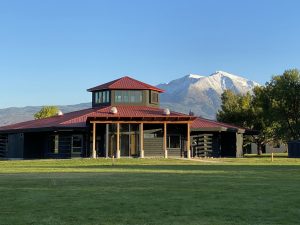
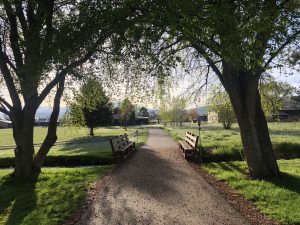
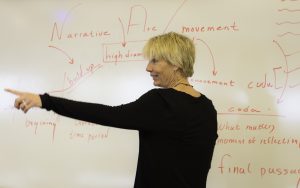
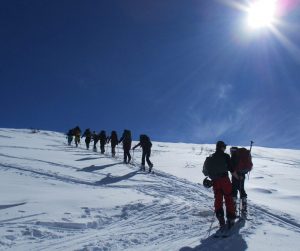

 Virtual Tour
Virtual Tour